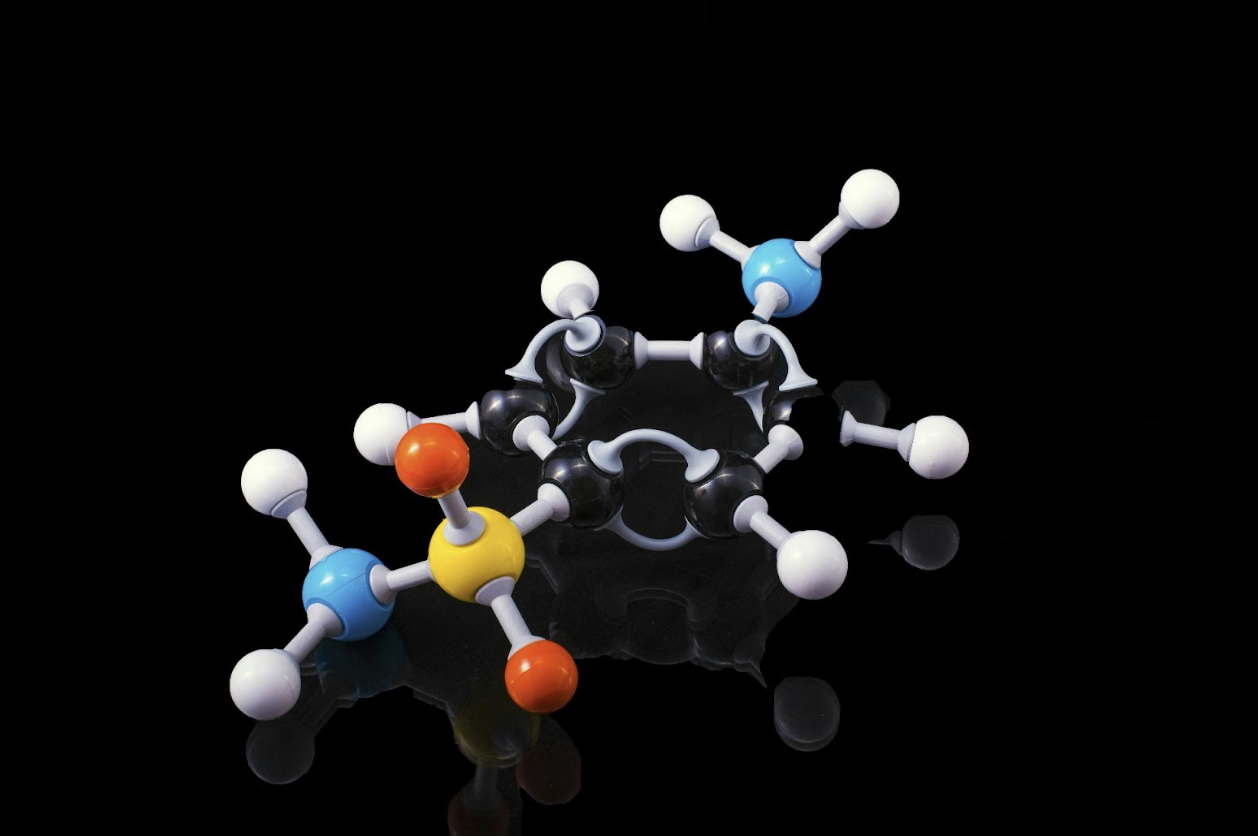Health Benefits of Nicotinamide Adenine Dinucleotide Supplementation
What is Nicotinamide adenine dinucleotide? It is a vital molecule in every cell of our bodies, participating in numerous metabolic processes central to life. As a coenzyme, NAD+ plays a crucial role in transcription, mitochondrial function, and energy production. With age, NAD+ levels decline, potentially contributing to the effects of aging and the onset of various diseases. Supplementation is gaining attention as a way to mitigate these changes and support overall health. Below, we explore the potential health benefits of NAD+ supplementation.
The Impact of NAD+ Supplementation on Aging and Cellular Health
As we age, the natural decline in NAD+ levels is thought to be a driving factor in the aging process. Supplementation with NAD+ precursors has been proposed to counteract this decline. By bolstering NAD+ levels, the theory suggests that the detrimental effects of aging on cells can be mitigated, potentially leading to a healthier and longer life span.
One approach to supplementation involves using precursors like nicotinamide mononucleotide (NMN) and nicotinamide riboside (NR), which the body can convert into NAD+. Research indicates that administering these precursors can boost NAD+ concentrations in tissues, supporting cellular functions that tend to degrade with age, such as mitochondrial efficiency, antioxidant defenses, and DNA repair.
Furthermore, increasing NAD+ levels may activate sirtuins, a family of proteins associated with aging and longevity. Sirtuins depend on NAD+ to function and are involved in several key biological processes, including inflammation reduction, enhanced metabolism, and stress resistance. Enhanced sirtuin activity through NAD+ supplementation is proposed to simulate the anti-aging effects of calorie restriction without dietary alterations.
It's worth noting that current evidence for the anti-aging effects of NAD+ supplementation comes largely from animal studies. Human trials are still needed to fully understand the potential for NAD+ to improve cellular health and longevity in people and the long-term safety of such interventions.
The Connection Between NAD+ Supplementation and Metabolic Function
NAD+ is intimately linked with metabolic health, as it is crucial for the enzymatic reactions that convert food into energy. With metabolic diseases like diabetes on the rise, strategies to support healthy metabolism are in high demand. NAD+ supplementation is emerging as a strategy that could potentially aid in restoring normal metabolic function.
In conditions like type 2 diabetes, increasing NAD+ through supplementation may help improve insulin sensitivity and glucose tolerance by enhancing enzyme activity in metabolic processes. This has the potential to aid in managing blood sugar levels and overall metabolic health.
Animal studies have shown that NAD+ precursors like NMN can improve metabolic markers and reverse some aspects of diet-induced diabetes. This points to a potential role for NAD+ in designing new therapeutic approaches to common metabolic disorders. However, as with aging research, more human clinical trials are required to validate these findings.
Apart from directly influencing metabolism, NAD+ also affects circadian rhythms; these are the internal biological clocks regulating sleep, hormone release, and metabolism. The proper circadian function is critical for metabolic health, and NAD+ is a key molecule in maintaining these rhythms, signifying its broader influence on metabolic wellness.
Cognitive Benefits of Boosting NAD+ Levels Through Supplementation
Cognitive health is another area where NAD+ supplementation is showing promise. The brain is an energy-intensive organ, and adequate NAD+ levels are essential for optimal cognitive function. Studies suggest that boosting NAD+ can support neuronal health and resilience, potentially improving memory and cognitive function.
In neurodegenerative conditions such as Alzheimer's and Parkinson's diseases, NAD+ levels are often compromised, leading to neuronal dysfunction and death. Supplementation could help stabilize NAD+ levels, providing neurons with the energy and support needed to combat these conditions, although research is still in its infancy in this area.
Adequate NAD+ also promotes the activity of sirtuins in the brain, which protect against age-related degeneration and have been implicated in regulating neuroplasticity—the brain's ability to reorganize itself and form new neural connections. This is critical for learning and adapting to new challenges or recovering from injuries.
While the potential cognitive benefits of NAD+ are exciting, it is important to approach these findings cautiously. The complexity of the brain and its diseases means that while NAD+ supplementation could become a part of cognitive health strategies, it is unlikely to be a cure-all and should be paired with other established cognitive enhancement and protection practices.
Altogether, nicotinamide adenine dinucleotide (NAD+) supplementation shows promising potential across multiple facets of health, from combating aging processes to supporting metabolic function and cognitive well-being. However, further research, particularly human trials, must fully comprehend its efficacy, safety, and role in comprehensive health strategies.







